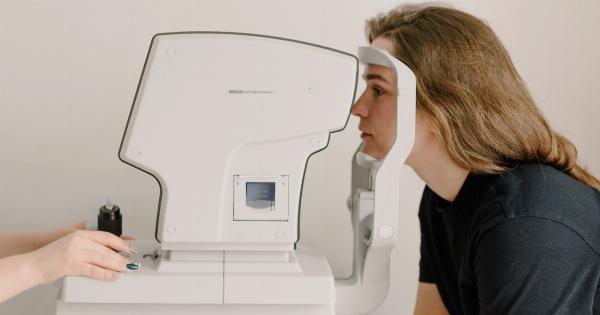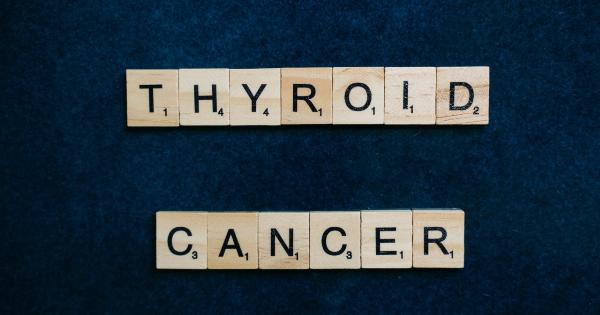Pregnancy is a time of immense changes in a woman’s body. From hormonal shifts to physical transformations, a woman’s health and well-being are of the utmost importance throughout pregnancy.
One of the most important trace elements that pregnant women need is iodine, yet many women are deficient in this crucial nutrient. In this article, we will explore why iodine is so important during pregnancy and why so many women are not getting enough.
What is iodine?
Iodine is a trace element that is essential for the production of thyroid hormones. The thyroid gland, which is located in the neck, uses iodine to make hormones that help regulate metabolism and other crucial bodily functions.
Iodine is also important for brain development and growth.[1].
Why is iodine important during pregnancy?
Iodine is particularly important during pregnancy because it is needed for the development of the baby’s brain and nervous system.
According to the American Thyroid Association, iodine deficiency during pregnancy can cause an increased risk of miscarriage, stillbirth, preterm delivery, and congenital abnormalities.[2].
When a woman is pregnant, her requirement for iodine increases.
The World Health Organization (WHO) recommends that pregnant women consume 250 micrograms (mcg) of iodine per day, which is higher than the recommended intake for non-pregnant women.[3] Unfortunately, studies have shown that many women do not consume enough iodine during pregnancy and are therefore at risk for deficiencies.
How common is iodine deficiency during pregnancy?
Around the world, iodine deficiency is a significant public health issue.
The WHO estimates that around 30% of the global population is at risk of iodine deficiency disorders (IDD), which can include goiter, hypothyroidism, and intellectual disabilities.[4].
In developed countries like the United States, iodine deficiency is less common than in developing countries, but it is still a concern for pregnant women.
A study published in the journal Thyroid found that the median urinary iodine concentration during pregnancy was lower than the recommended level in 56% of participants.[5] Additionally, the Centers for Disease Control and Prevention (CDC) reported that the median urinary iodine concentration among pregnant women in the United States was 125 mcg/L, which is below the recommended level.[6].
Why are so many pregnant women not getting enough iodine?
There are a few reasons why pregnant women may not be getting enough iodine:.
- Dietary intake: Many foods contain iodine naturally, including seaweed, seafood, dairy products, and eggs. However, some women may not consume these foods regularly or may avoid them due to cultural or dietary reasons. Additionally, the amount of iodine in these foods can vary widely depending on the region where they were produced and the farming practices used.
- Supplementation: Some pregnant women may not be taking iodine supplements, even if they are recommended by their healthcare providers.
- Population-level changes: In recent years, there has been a shift towards using non-iodized salt in many countries. Iodized salt is a common source of iodine, but if people are not consuming it regularly, they may not be getting enough iodine in their diets.
What are the symptoms of iodine deficiency?
For pregnant women, the symptoms of iodine deficiency may be difficult to detect. Some common signs of iodine deficiency in non-pregnant adults include weight gain, fatigue, cold intolerance, and dry skin.
For babies born to women who were iodine deficient during pregnancy, the symptoms can be much more severe and can include intellectual disabilities, delayed growth and development, and congenital anomalies.
How can iodine deficiency during pregnancy be prevented?
The most effective way to prevent iodine deficiency during pregnancy is to consume enough iodine through diet and/or supplementation. Here are some recommendations:.
- Eat iodine-rich foods: Pregnant women should aim to consume foods that are high in iodine, such as seaweed, seafood, dairy products, and eggs. It is important to note that the iodine content of these foods can vary widely depending on the source.
- Take an iodine supplement: Pregnant women who are not getting enough iodine from their diet may need to take an iodine supplement. The dosage will depend on individual factors, and women should always consult with their healthcare provider before taking any supplements.
- Choose iodized salt: If using salt in cooking or at the table, women should choose iodized salt to ensure that they are getting enough iodine in their diet.
Conclusion
Iodine is a crucial nutrient for pregnant women because it is needed for the proper development of the fetus’s brain and nervous system.
Unfortunately, many women are not getting enough iodine during pregnancy, which can increase the risk of miscarriage, stillbirth, and congenital anomalies. It is essential for pregnant women to consume enough iodine from their diet or supplements to ensure the best outcomes for themselves and their babies.




























